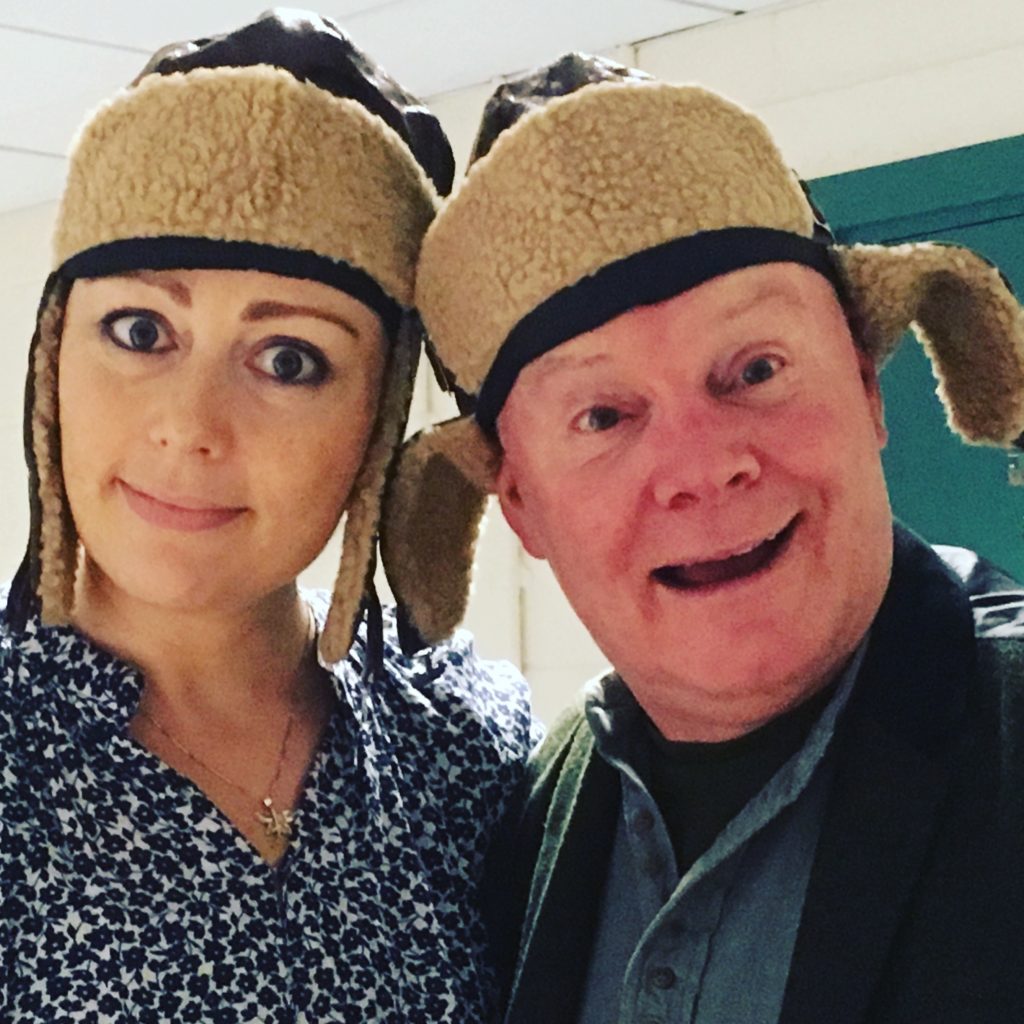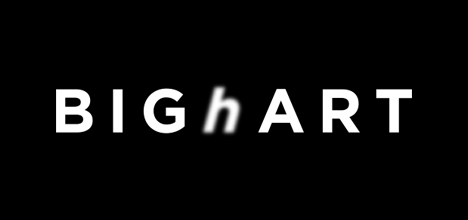Time out…
I want to pause co-production for a page and talk a little bit about this process thing. Call it a time-out, a break from history, heritage and community.
You can light some scented candles and play a few minutes of whale song, if you wish. I know there has been a lot to take in, up to now.
Or you might want to hear a little story of Inch Fort, as told by Boyd Bryce.
Process… the hardest work you’ll do that doesn’t include heavy lifting
The process element of any co-production or participatory engagement takes time, and by process I mean all the meetings, workshops, travel, phone calls, site visits and waiting. Pretty much all we’ve talked about up until now.
Before the CINE project, the last participatory project on which I worked, The Songbirds, was collaboration between my local theatre, An Grianán, and the Ulster University School of Nursing. My brief was to interview people living with a dementia diagnosis, and write a play which reflected their lived experience. From inception to the opening performances, the project spanned two years, with the majority of that period involving the interviews, research and workshops – the process.

Whatever outputs your project may aspire to, whatever publication, play or exhibition you’ve patiently and hopefully described in your funding applications, you will spend at least 80% of your time doing the process, and it is the hard work.
The process is the part of your job that will never be seen by the museum visitor, the audience or even your line manager. It’s also the part of the project that you will have to document and record, even though it’s unlikely anyone in your organisation will bother looking at your stunning photos of a cold community hall, filled with empty plastic chairs.
There is, however, a cohort of people who will appreciate the effort and the time you spend on the process, and they are the people of the community with whom you are working. If you are there when you say you’ll be, if you care enough to sit waiting in those cold, plastic seats, if you give the community your hours, days and weeks, and if you show a genuine and sincere interest in them, they will begin to trust you and share their stories. Trust takes time to build, and it is the key to an effective and mutually beneficial co-production project.
Self care…
And I must mention how exhausting the process can be. If you’ve spent four hours talking and listening, and another two hours talking, and listening, and two hours driving, when you finally get home, you will be exhausted. Exhilarated, maybe, but exhausted.
Take care of yourself. Pace yourself. Do not try to do everything all at once. I rarely book two interviews or appointments in one day, and when I do, I give myself time to take some time. Eat something, drink something, stretch your legs, get some fresh air. Take care of you. Yawning while you’re discussing the fascinating local history will not win you any friends in the community.
Take care of yourself.
Perspectives X
Big hArt is Australia’s leading arts and social change organisation, often spending years on a project with no conventional output. They call this, ‘The Virtuosity of Process’. Their work and ideas challenge our notion of the ‘thing’ at the end of the project. We should occasionally ask the question…
Do we always have to have something to show for our work or can the process of community engagement be enough?
It may be hard to explain this notion to funders and the less enthusiastic members of our senior management team, but it is an idea which has merit. The process element of community engagement is the most important part of any work in this field. We should recognise the unique nature of process, and its inherent power to benefit the community, and the organisation which lends its time and resources to any form of co-production, whether with a specific output or with none.



